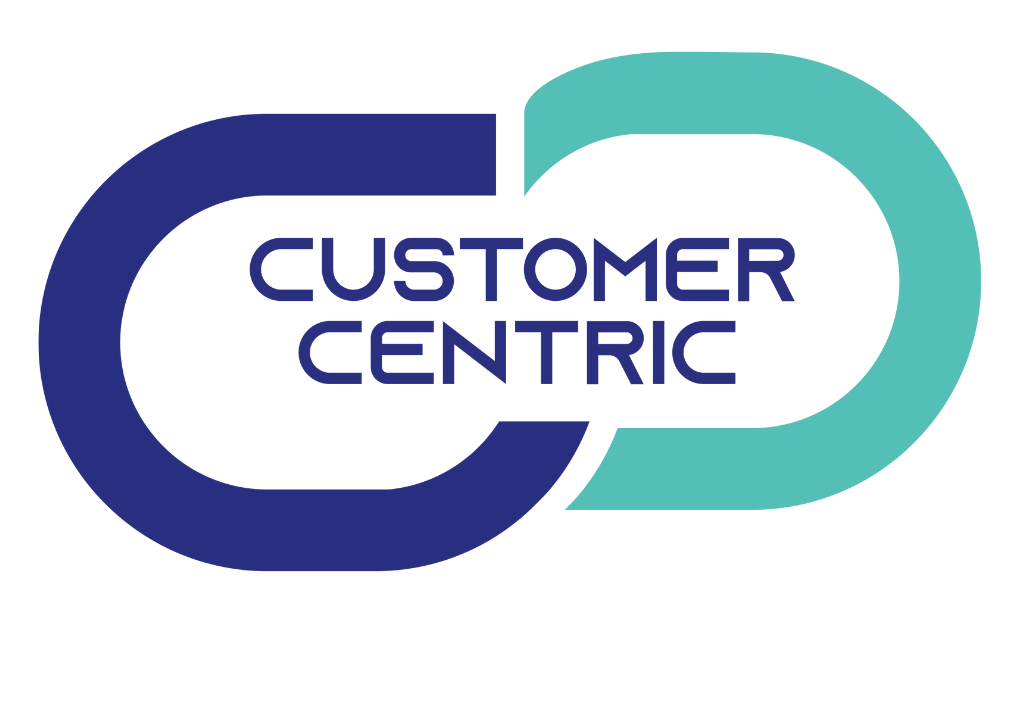Patient Experience in Kenya: Why It Matters
Recently, my niece went for a consultation with a senior dermatologist at one of the most well-known and exclusive private hospitals in Kenya. She had been struggling with a persistent skin infection for weeks.
Though nervous, she was hopeful that the consultation would provide clarity, relief, and reassurance.
What happened next shook me to the core.
After a brief examination, the doctor glanced at her skin and, without warning, said:
“What you have looks like you might be having cancer.”
Just like that. No gentle delivery. No empathy. No effort to pause and consider the emotional weight of those words.
My niece, already vulnerable from her symptoms, was left stunned and terrified. Her mind began to spiral, could it be cancer? What does this mean for my life? She had barely absorbed the shock of the statement before the doctor coldly added, “But let’s run some tests.”
There was no explanation, no reassurance, no human connection, just a possible life-altering diagnosis dropped like a clinical bombshell.
This moment highlights something many Kenyans experience in silence: the lack of emotional intelligence and communication skills in our healthcare system.
Patient-Centered Care in Kenya
In Kenya’s evolving healthcare landscape, patient experience is emerging as a critical pillar of quality care. It’s not just about medical outcomes, it’s about how a patient feels throughout their journey:
- From scheduling an appointment
- To interacting with reception, nurses, and doctors
- To receiving treatment, follow-up, and discharge
Each touchpoint shapes the patient’s perception, satisfaction, and trust. And in healthcare, trust isn’t just a “nice to have”, it’s essential to healing.
The Kenyan Context
Kenya has made significant progress in improving healthcare infrastructure, digitizing records, and expanding access to specialized care. However, challenges remain:
- Long wait times
- Overcrowded public hospitals
- Poor communication between staff and patients
- Rushed or dismissive consultations
- Cold, technical delivery of difficult news
- Lack of patient education and emotional support
These gaps create a disconnect between providers and the very people they aim to serve.
A patient may leave with the right prescription, but if they feel dismissed, scared, or disrespected, they are less likely to return, follow medical advice, or recommend the facility to others.
A Call for Human-Centered Healthcare
At Customer Centric Kenya, we believe that clinical expertise must be matched with compassion, communication, and connection. In short, patient-centered care.
This means:
- Training medical teams on empathy, active listening, and emotional intelligence
- Equipping reception and support staff with customer service skills
- Embedding communication protocols that are clear, sensitive, and respectful
- Creating feedback systems to learn directly from patients
- Making compassion a core competency in healthcare, not an optional trait
The truth is,
My niece’s story is not isolated. Many patients, from maternity wings to oncology wards, carry trauma not just from illness, but from how they were treated in their most vulnerable moments.
Kenya’s healthcare system has the potential to be not only world-class in treatment, but also world-class in patient care.
Let’s build a system where patients don’t just survive their conditions, they feel heard, valued, and cared for every step of the way.
If you’re a hospital, clinic, or healthcare provider looking to elevate your patient experience, we’d love to walk that journey with you.



